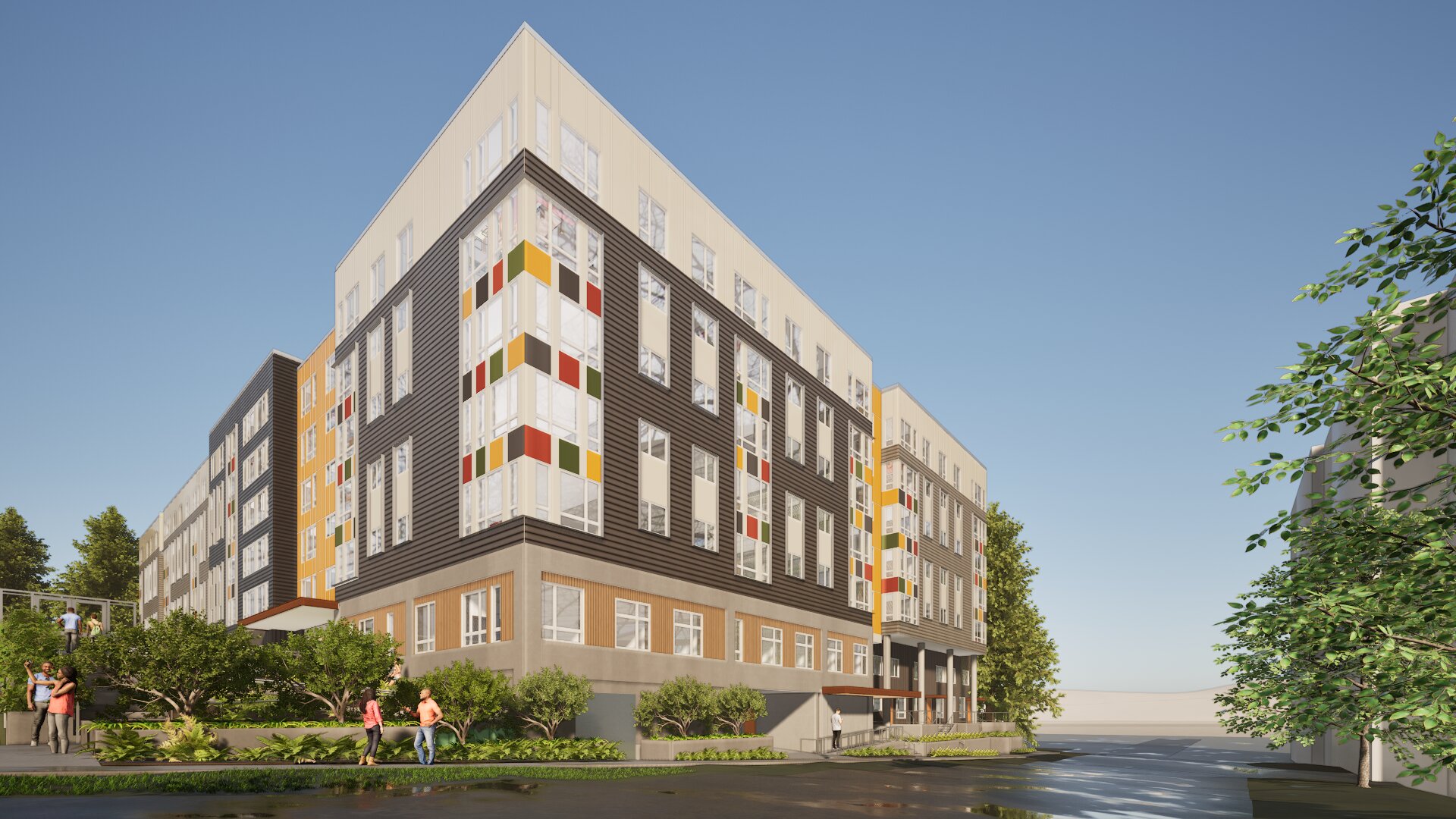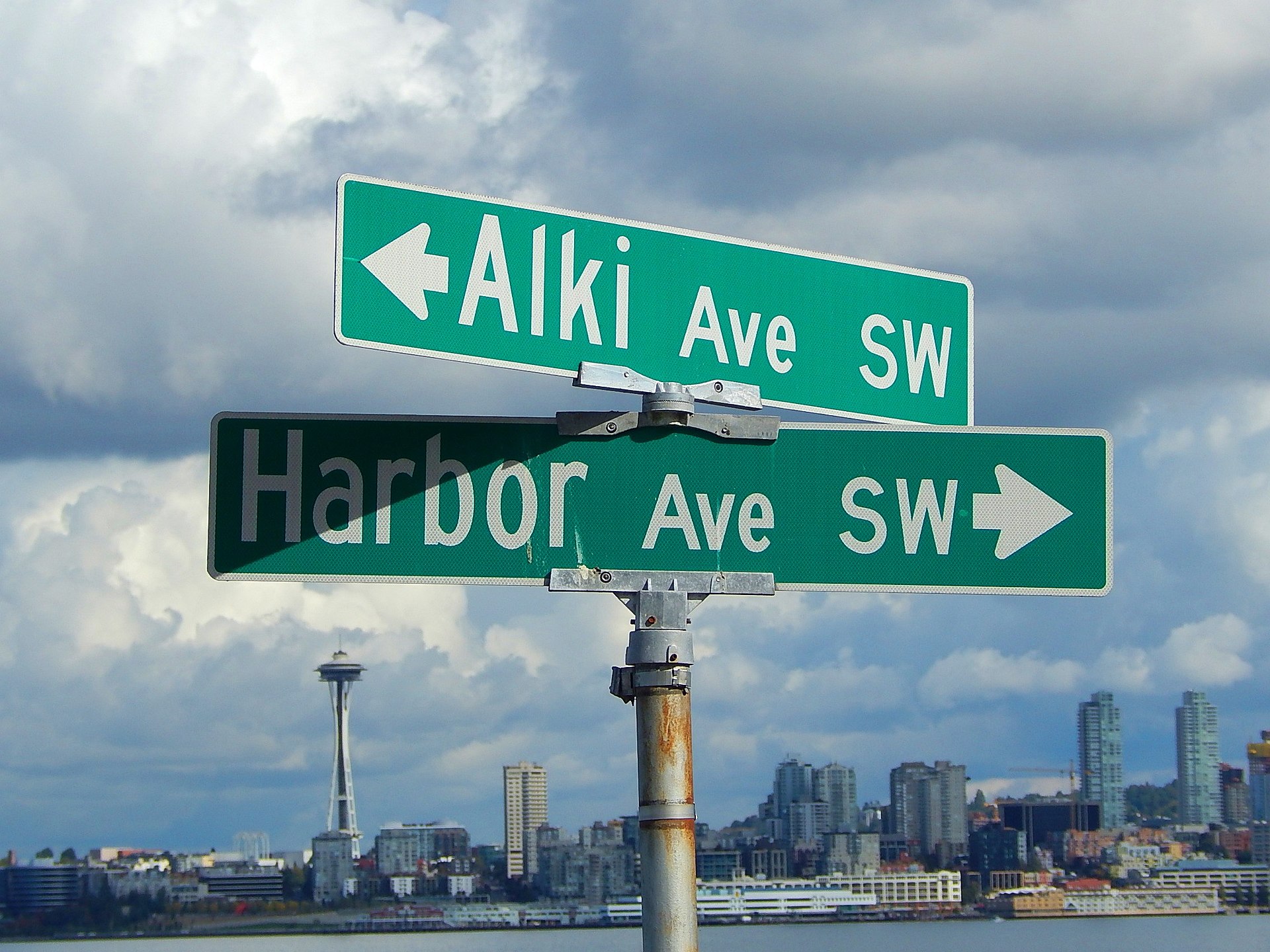
To address displacement and support community resilience, the City of Seattle is developing land use policies for faith communities creating affordable housing.
On December 2, 2020 Mayor Jenny A. Durkan announced that the City of Seattle is partnering with the faith community to support the development of more affordable homes throughout the city. For decades, religious organizations have been leaders in building income-restricted housing in Seattle. To support these efforts and in response to a new state law passed in 2019, the City will allow churches, mosques, synagogues, and other faith institutions to build additional affordable homes on their property.
Background
In 2019, the Washington State Legislature adopted Substitute House Bill 1377, which requires cities to grant religious organizations the ability to construct additional homes when developing affordable housing on their property. All housing developed with this new tool would be reserved for at least 50 years for low-income households with incomes under 80 percent of area median income (AMI) or about $88,000 per year for a family of four.
Seattle’s faith community was instrumental in the passage of the legislation. Several area faith institutions, including the Lutheran Church of the Good Shepherd, which received conditional funding through the City’s 2020 Permanent Supportive Housing Pilot Investments, are considering new plans for developing long-term, income-restricted affordable homes on their land and hope to take advantage of the new state law. The Office of Housing and Office of Planning and Community Development began working with faith communities and affordable housing development partners throughout 2020, and Mayor Durkan will transmit legislation early next year to implement these changes.
Implementation
To implement this law at the local level, the City is developing a new tool that would allow religious organizations to increase the number of affordable homes they can build on their property. In mixed-use zones, these buildings could be slightly larger and taller and contain more income-restricted homes. On certain large sites in single-family zones, more flexibility could allow religious organizations to build various small-scale housing types, like affordable townhomes and income-restricted apartments, that meet the needs of families.
The City has created a narrated slide show (below) to explain the program in greater detail.
For additional information read the City’s one-page overview or visit the Office of Planning and Community Development’s Affordable Housing on Religious Organization Property Program Page


